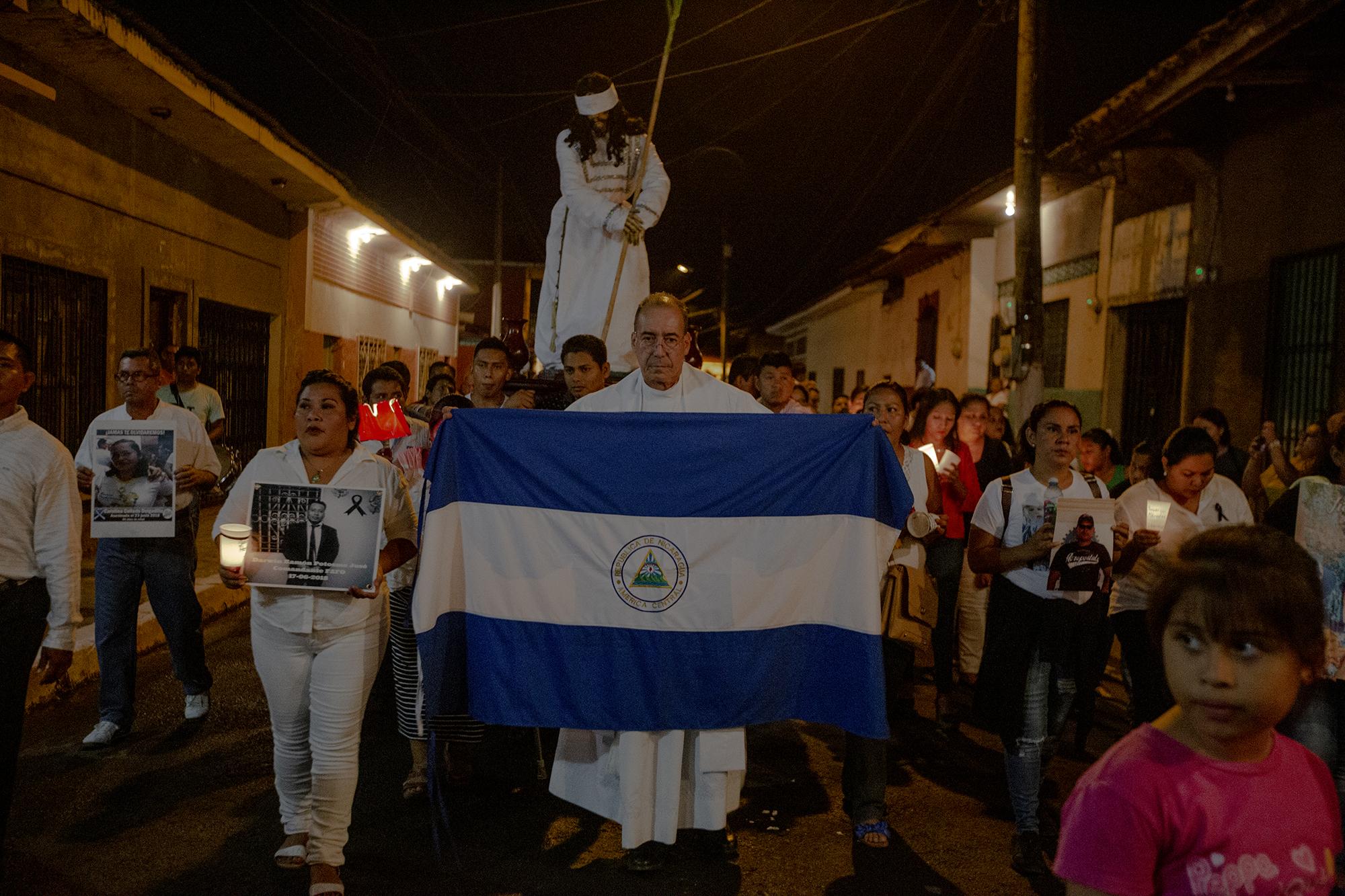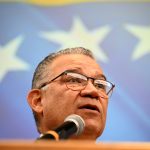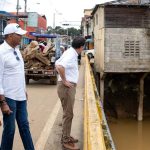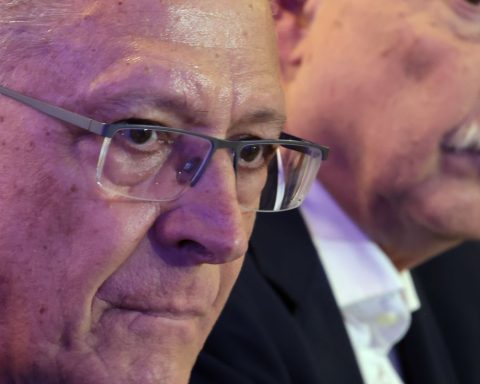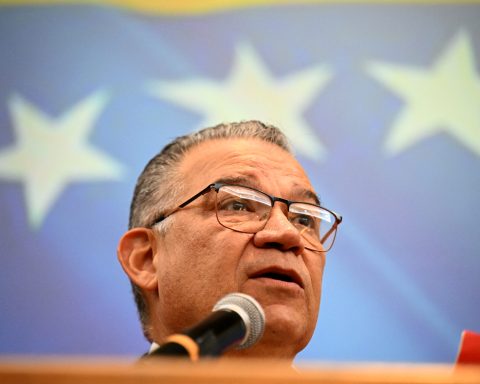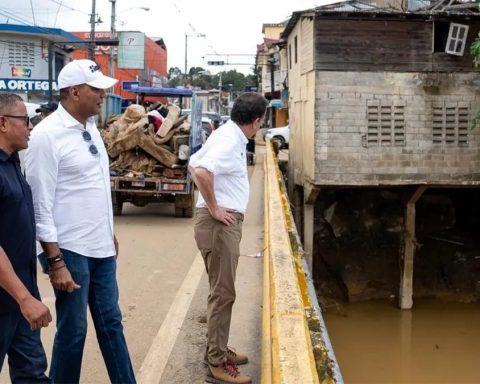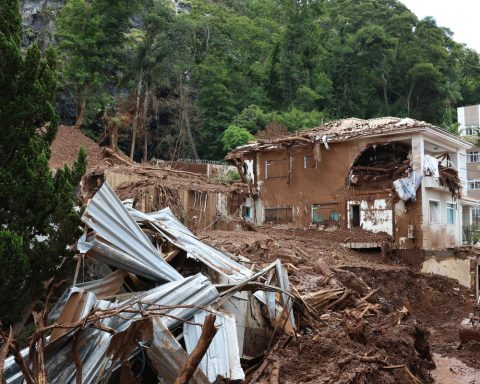The priest Edwin Román, ex-parish priest of the San Miguel Arcángel church in Masaya, and exiled in the United States, called through Twitter to “denounce and condemn the dictator of Nicaragua, Daniel Ortega, and his wife (the vice president and first lady, Rosario Murillo).
According to the priest, this gesture “is to make a homeland.” Father Román’s exhortation was published in the early hours of this September 14, just as Nicaragua celebrates the 166th anniversary of the historic battle of San Jacinto, a heroic deed that is experienced in the country as a second independence.
Every September 14, Nicaragua commemorates the historic battle that took place in 1856, which took place at the San Jacinto hacienda, some 42 kilometers north of Managua, in which disadvantaged members of the Nicaraguan Army defeated the forces of the American filibuster William Walker, who wanted to take over Central America.
Related news: Father Edwin Román: «A political prisoner is a human being, and he should not die because he is in prison»
In the battle of San Jacinto, one of the bloodiest documented in Nicaragua, General José Dolores Estrada and his 180 men defeated some 300 Americans led by Walker, who intended to impose his rule in Central America, according to historical records.
The battle of San Jacinto was also the scene of the most momentous patriotic events in Nicaragua, starring Sergeant Andrés Castro, who, seeing himself unarmed, picked up a stone and threw it at one of the filibusters, killing him instantly, which was a blow morale for the invaders, who ended up fleeing.
Although Walker managed to proclaim himself president of Nicaragua, he did not recover from the defeat at the battle of San Jacinto, a key transit point between the great lakes Cocibolca and Xolotlán in the 19th century.
Walker was executed in Honduras by a platoon of the Honduran Army on September 12, 1860, after insisting on conquering Central America.
Related news: Father Edwin Román: «We are not here to please any oppressor»
A good part of the Catholic priests have positioned themselves against the dictatorship of Daniel Ortega and Rosario Murillo, since the Sandinista regime unleashed a bloody hunt against young people and residents of most of the country’s departments, after April 18, 2018, which left a tragic toll of at least 355 dead, thousands injured, hundreds incarcerated and at least 150,000 exiled.
The Ortega government, for its part, launched a wave of attacks and insults against the country’s Catholic priests and bishops, whom it has accused of being “coup plotters,” “terrorists,” and “sons of the devil.”
In 2019, Ortega forced the auxiliary bishop of Managua, Monsignor Silvio José Báez, into exile. Later, Vice President Rosario Murillo herself launched a series of threats against the priest Edwin Román, whom she accused of promoting the “coup d’état” against the government, for criticizing state violence and protecting the protesters who were repressed in Masaya. Roman also had to go into exile in Miami, United States.

In recent weeks, the Ortega-Murillo administration has launched a fierce persecution against priests. He has two priests imprisoned, one accused of sexual crimes against a minor and the other for violence against a woman and threats against some Sandinista activists from Nandaime (south of the country).
A third priest from the Diocese of Siuna (Northern Caribbean) was imprisoned, and to date there is no known legal cause to justify his arrest.
Later, Ortega deployed a police siege on the Episcopal Curia of Matagalpa, the purpose of which was to lock up Bishop Rolando Álvarez. 15 days later, in the early hours of the morning, the Police stormed the parish house and kidnapped the bishop and at least eight of his collaborators, including priests, seminarians and laity. 40 days later, Bishop Álvarez is in “house arrest”, without knowing exactly where, while the other religious have been ordered to the El Chipote prison, denounced by opponents as a Police torture center.
